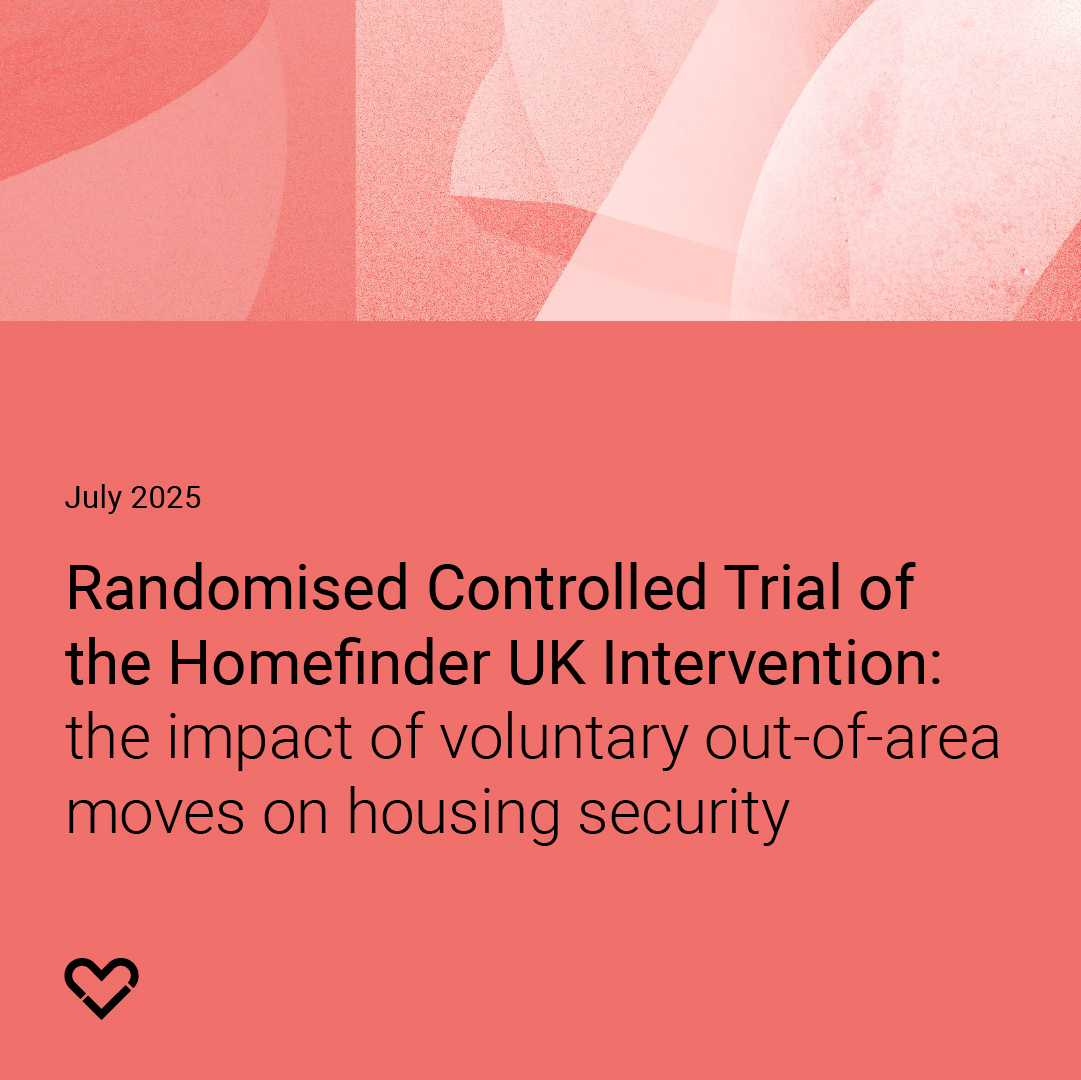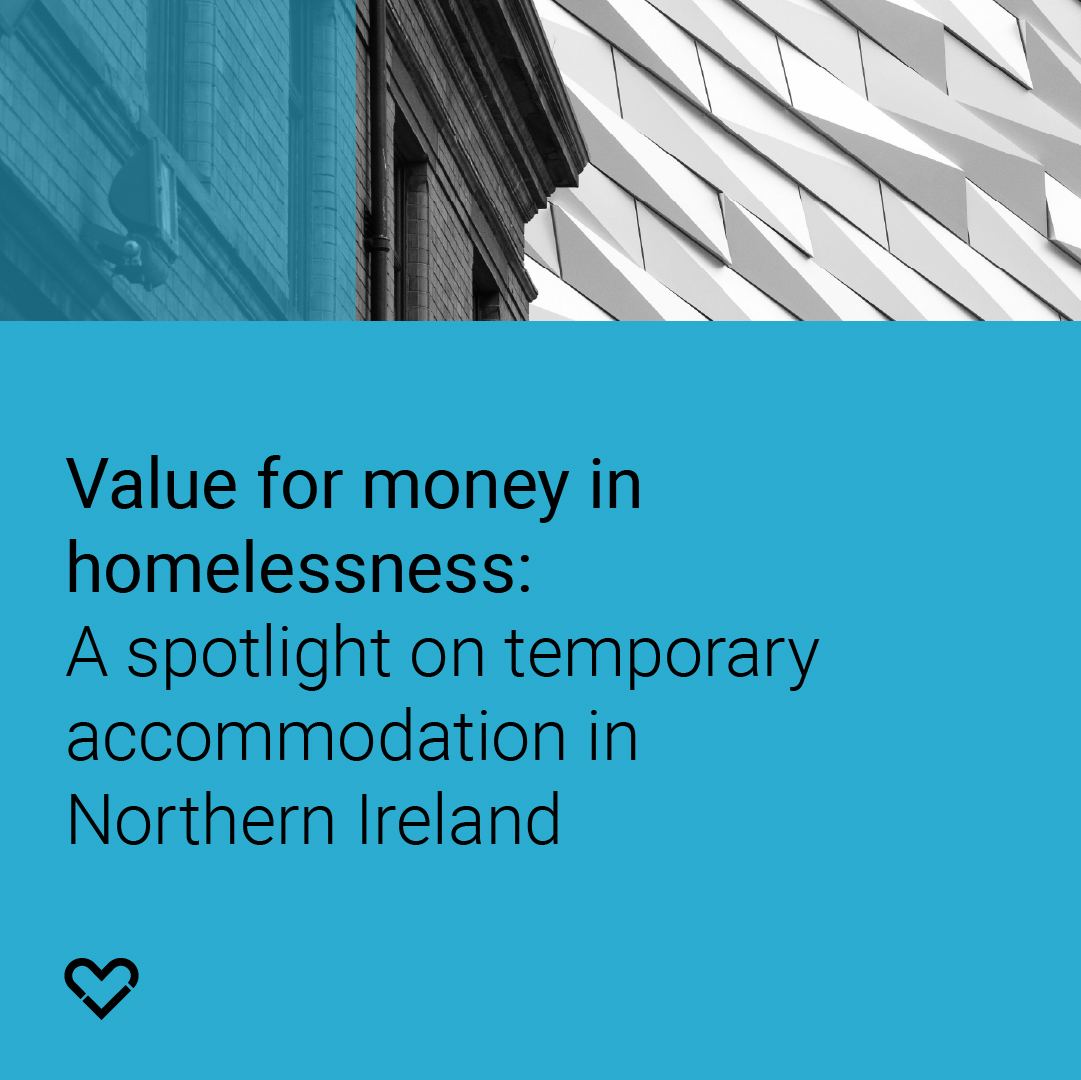The effectiveness of psychosocial interventions for people experiencing homelessness: A systematic review and meta-analysis
This systematic review gathers evidence on the effectiveness of psychosocial interventions for reducing problematic substance use, mental ill health, and housing instability in people experiencing homelessness in high-income countries.
Psychosocial interventions are activities or strategies that help people achieve a range of goals by supporting their thoughts, feelings, behaviours, and social relationships. These are structured or planned, with an explicit intended goal or objective and exclude pharmacological interventions.
This review was based on CHI’s Effectiveness Evidence and Gap Maps, supplemented by an additional search. For this review, 898 papers were screened. It included 26 papers covering 23 studies. All of the included studies were from the United States.
We also conducted a qualitative systematic review on the experiences of people experiencing homelessness when accessing Psychosocial Interventions. That review is available here.
Findings In Brief
Overall, we found that psychosocial interventions were better than standard care to all three of our outcomes of interest. This covered six different interventions, but results differ between studies.
We also found that psychosocial interventions were more effective than standard care in relation. Psychosocial interventions work overall in reducing problematic substance use and reducing mental ill health when compared to other services. But the evidence is less than clear about whether they work in reducing housing instability.
In particular, Contingency Management works better than other services in reducing problematic substance use for adults experiencing homelessness; and Motivational Interviewing works better than other services in reducing mental ill health for adults experiencing homelessness.
For other interventions, including CBT to reduce mental ill health; and Motivational Interviewing and other Brief Motivational Interviewing to reduce problematic substance use, the results are less clear-cut: the effects are consistent with a small improvement, but there is also a chance that they work equally or slightly less well than standard services.
However, there are some limitations with the evidence base. The included studies were entirely from the United States. There was a clear gender bias in the included studies, with nearly two‐thirds of participants being men. Fourteen of the studies included were assessed as having high or medium risk of bias.
Recommendations in Brief
The review shows the potential benefits of these interventions, particularly Contingency Management for problematic substance use and Motivational Interviewing for mental health. However, as all the evidence is from the US and most studies were assessed as having a medium or high risk of bias, it would be valuable to further test the impact of these interventions outside of the US.
We found little overlap between our two reviews: experience-focused and effectiveness-focused studies, limiting the potential for synthesis across both. Evaluations would benefit from considering both effectiveness and implementation dimensions.





.jpg)

